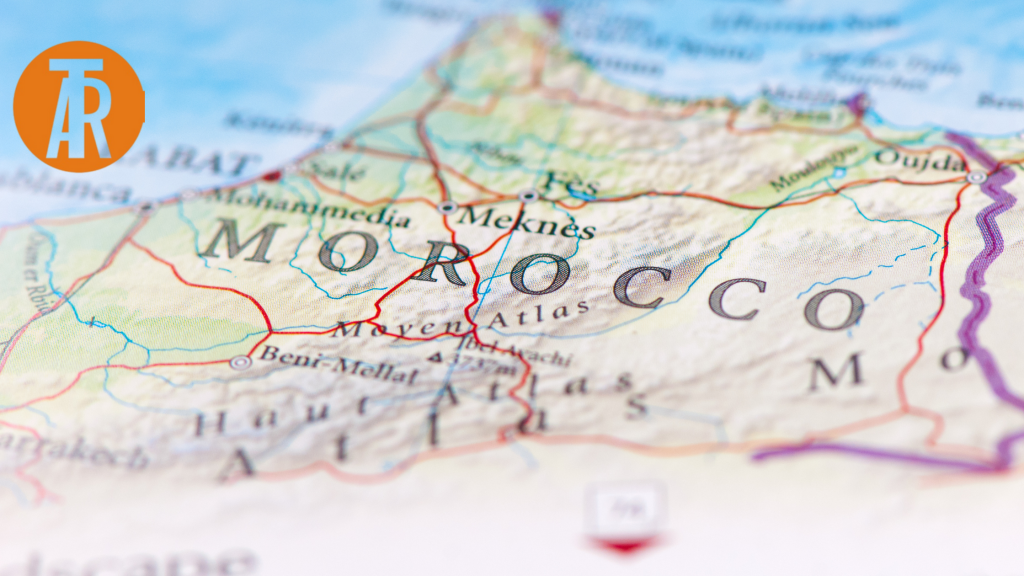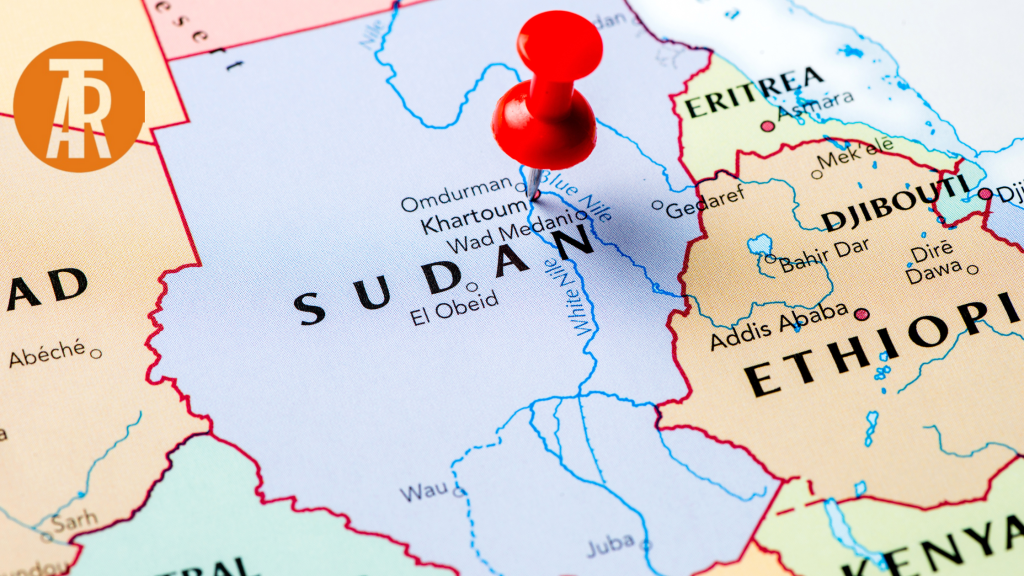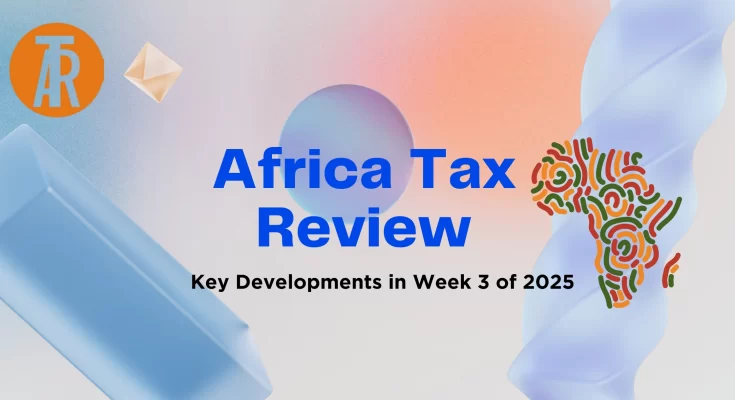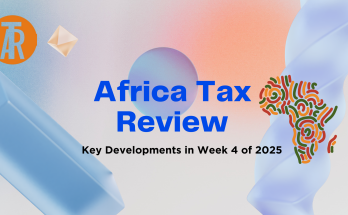Table of Contents
The third week of January 2025 witnessed a series of strategic fiscal reforms and legislative updates across Africa.
These developments reflect a growing commitment among African governments to align with global taxation norms, enhance domestic resource mobilization, and streamline tax compliance frameworks.
This weekly roundup covers major events in South Africa, Morocco, Algeria, Tunisia, and South Sudan, presenting timely insights into the continent’s evolving tax landscape.
Africa Tax Review: Key Developments in Week 3 of 2025

1. South Africa: Domestic Reform Meets Global Compliance
In a significant move toward international tax alignment, South Africa has officially enacted legislation to implement the OECD’s Pillar Two rules, introducing a 15% minimum effective tax rate on large multinational enterprises (MNEs) with global revenues exceeding €750 million.
This places South Africa at the forefront of African nations adopting the OECD/G20 BEPS 2.0 framework, designed to tackle base erosion and profit shifting.
Source: Meijburg & Co, Africa Tax Newsletter, January 2025
Clarity on Urban Development Zone Allowances
The South African Revenue Service (SARS) released updated guidance clarifying the conditions and procedures for accessing the Urban Development Zone (UDZ) Allowance under Section 13quat of the Income Tax Act.
This update is aimed at incentivizing property development in inner cities through accelerated depreciation.
Source: SARS Official Publications, January 2025
High Court Ruling on Royalty Tax
The South African High Court issued a precedent-setting decision defining the term “bulk” for the purpose of royalty assessments under the Mineral and Petroleum Resources Royalty Act.
This ruling has implications for mining operations and how extractive industries compute their royalty obligations.
Source: Meijburg & Co, Africa Tax Newsletter, January 2025
Interpretation Note on Lessors’ Allowances
SARS also released an Interpretation Note addressing the scope of capital allowances available to lessors of movable assets, especially where assets are used by lessees in exempt or partially exempt activities.
The note provides guidance on disallowed claims and substantiation requirements.
Source: SARS.gov.za, Interpretation Notes

2. Morocco: Legislative Modernization and Practical Guidance
Release of 2025 General Tax Code
Morocco has published the updated 2025 General Tax Code, incorporating all tax changes introduced in recent years. The Code consolidates provisions across personal income tax, corporate income tax, VAT, and other levies, and is expected to improve taxpayer accessibility and legal clarity.
Source: Meijburg & Co, Africa Tax Newsletter, January 2025
Administrative Clarifications on 2025 Finance Law
The Moroccan Tax Administration has also issued clarifications concerning key aspects of the 2025 Finance Law.
These cover the taxation of digital services, expanded VAT exemptions, and new withholding tax rules on outbound payments, particularly for royalties and technical services.
Source: [Direction Générale des Impôts – Morocco, January 2025]

3. Algeria: Enactment of the 2025 Finance Law
Algeria has enacted its Finance Law for 2025, introducing critical changes to its tax framework. Notable features include:
- Increased excise duties on tobacco, alcohol, and sugary beverages.
- Revised corporate income tax rates for strategic sectors, especially hydrocarbons.
- Strengthened VAT compliance for cross-border e-commerce transactions.
- These measures are aligned with Algeria’s strategy to diversify its fiscal base and reduce dependence on oil revenues.
Source: Official Gazette of Algeria, Finance Law 2025; Meijburg & Co, January 2025

4. Tunisia: Launch of Tax Amnesty Program
In a move to regularize outstanding tax liabilities, the Tunisian government has launched a Tax Amnesty Calendar for 2025, outlining specific deadlines and penalty waivers for taxpayers who voluntarily declare and settle back taxes. The initiative is designed to boost short-term revenue and improve compliance culture.
Source: Tunisian Ministry of Finance – Official Communiqué, January 2025; Meijburg & Co

5. South Sudan: Fiscal Overhaul Under Financial Act 2024/2025
South Sudan has introduced a broad set of tax reforms under its Financial Act 2024/2025, focusing on enhancing fiscal sustainability. Key highlights include:
- New personal income tax brackets, expanding progressivity.
- Inclusion of professional services within the VAT regime.
- Adjusted excise duty rates on fuel, beverages, and telecom services.
- These reforms are intended to stabilize non-oil revenue and formalize a broader segment of the economy.
Source: Ministry of Finance and Planning – Republic of South Sudan; Meijburg & Co
Conclusion: A Continent in Transition
The third week of January 2025 reaffirms that Africa is undergoing a tax transformation. From aligning with global frameworks like Pillar Two to domestic reform measures that widen tax nets and clarify incentives, the week’s developments underscore a shared continental resolve to build resilient, equitable, and competitive tax systems.
As these changes unfold, www.africataxreview.com will continue to serve as your go-to platform for authoritative, up-to-date, and actionable tax intelligence across the continent.
Olatunji Abdulrazaq CNA, ACTI, ACIArb(UK)
Founder/CEO, Taxmobile.Online


